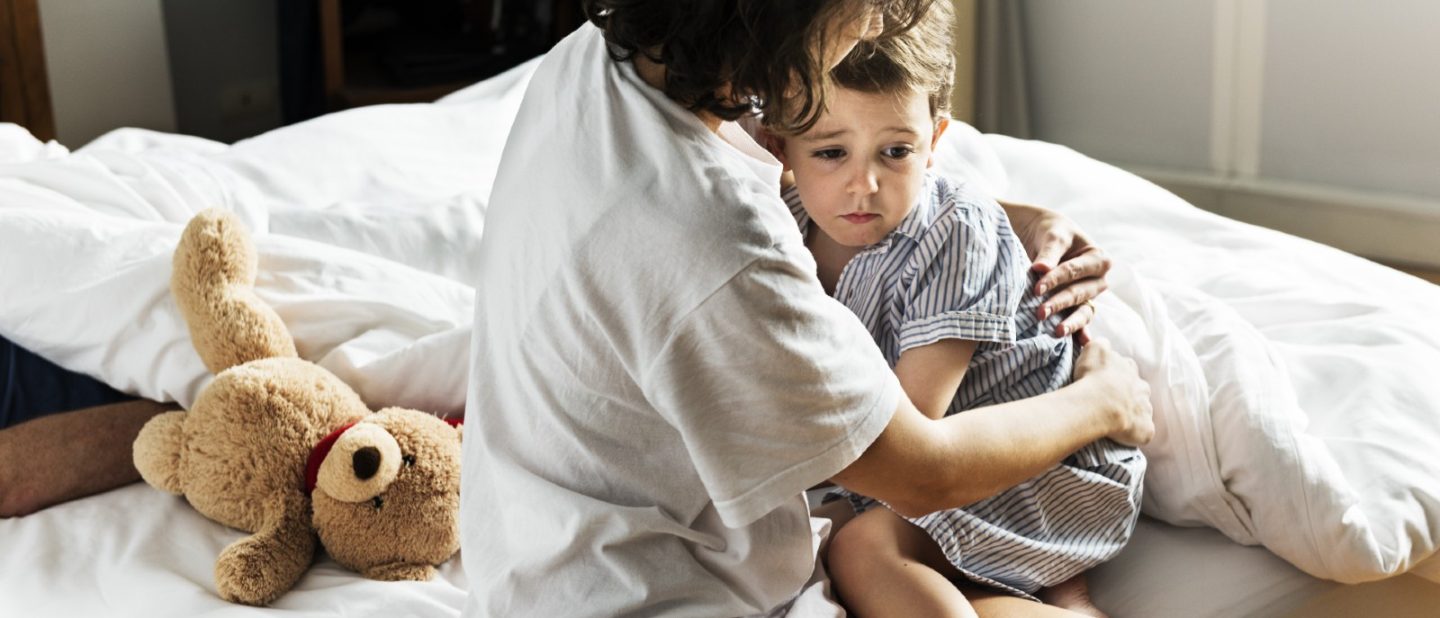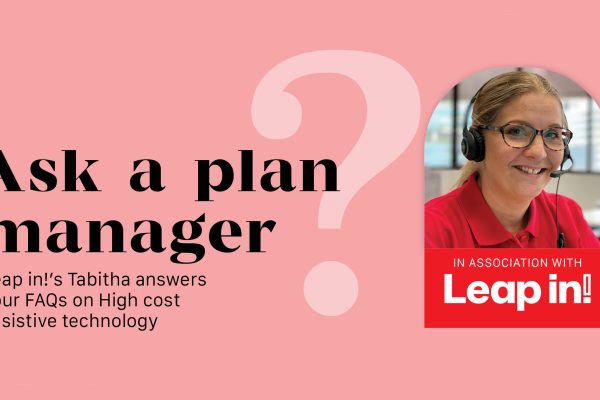
Sleep problems and sleep disorders in school age children
Sleep is vital for children’s and adolescents’ wellbeing. Evidence shows that children and adolescents who do not get enough sleep have more trouble learning. They are less attentive and motivated, have poor problem solving, more confusion, increased irritability, reduced memory, impaired communication, slower processing of information, poorer judgement, diminished reaction times and more indifference. Lack of sleep can also lead to behaviour and mood issues, leading to mental health difficulties such as anxiety and depressed mood.
More than a third of school aged children may have sleep problems and many of these issues can be treated, most can be cured, and where they can’t be cured they can be managed. The following are just a few of the more common sleep problems and sleep disorders that are known to affect children and some of the things you may be noticing happening:
You notice that your child snores at night, has very restless sleep and wakes in the morning but does not look refreshed.
Your child may have Obstructive Sleep Apnoea Syndrome. Obstructive Sleep Apnoea Syndrome (OSAS) is a breathing problem during sleep. There are many things that may give clues that your child has OSAS e.g. loud snoring, noisy breathing, having to make more of an effort to breathe, or not breathing consistently with pauses
and gasps every now and then. OSAS in children tends to be caused by large tonsils and/or adenoids and some children have a higher risk of OSAS such as if he or she is obese, has narrow bone structure in their face, Down syndrome, neurological problems, weak muscles or has had cleft palate.
Your child finds it hard to settle into sleep. They complain that their legs don’t feel comfortable. Or they have to move or get out of bed to walk around.
Your child may have Restless Legs Syndrome (RLS).
This is a movement disorder that causes strange feelings in the legs that make the child want to move the legs or walk around. These come when the legs are at rest, or when your child is lying down ready for sleep. When they move their legs, they will feel better for a short time. But the feelings will come back after a short time. This tends to occur in the time before sleep making it hard to get to sleep and stay asleep.
Your child wakes up all of a sudden at night. They look anxious or in distress. You may have seen them moving their arms and legs over and over. Or they may sleep in a strange position they might go stiff or call out.
This may be due to a parasomnia.
Parasomnias are a group of night-time sleep problems. They are most common from 2 to 8 years of age. Common types are sleep terrors, confusional arousals, sleep walking, sleep talking and nightmares. Risk factors include if the child doesn’t get enough sleep or feels stressed. It can also run in families: a child has a higher risk if a parent had a parasomnia as a child. Parasomnias are usually thought of as normal in children. They do not normally need treatment, except if they are frequent or there is a risk that the child might hurt themselves
OR
Your child may be having nocturnal seizures. These can occur as the child goes to sleep, during sleep or just after waking in the morning. They can happen even if the child has never had a seizure during the day. They are much rarer than night terrors. The child may move in the same way over and over. They may jerk and shake and they may or may not wake up. If you suspect nocturnal seizures discuss this with your GP. They may refer your child to a paediatric sleep specialist or neurologist.
During the day your child is very sleepy. Also, their muscles will go weak all of a sudden. When this happens, they fall to the ground. This seems to be set off by laughter or upsets. This can happen several times in a week.
Your child may be suffering from Narcolepsy.
This is a neurological sleep problem. The brain can’t control the desire to sleep while it’s awake. If your child has it, they may feel very sleepy during the day. It may be linked with other symptoms such as cataplexy (sudden loss of muscle strength). In some people, it causes sudden sleep attacks during the day too. To work out if your child has it or not, they will need to visit a Children’s Sleep Unit. Here they will do an overnight sleep study and daytime nap studies. A paediatric sleep specialist needs to do this. If they do turn out to have it, a management plan will be developed. Plans to manage behaviour and maybe some medication will be a part of this.
Your child finds it hard to get to sleep and/or finds it hard to go back to sleep after they wake up at night. Or they wake very early in the morning.
Your child may have insomnia. This is a sleep problem where it is hard to go to sleep and stay asleep. The cause is often behavioural sleep problems, anxiety, depression or stress. Or it could be that they cannot switch off the brain from thinking and let go of the day. This can cause daytime problems with behaviour and learning. Good sleep habits before and at the time they go to bed can make things better. But if not then you should see your family doctor who may arrange a referral to a paediatric sleep specialist. They will look for more ways to improve your child’s sleep.
Your child can have a sleep problem or a sleep disorder for some time before it is noticed. If you do suspect they have one, keep a diary of what you see and when you see it. You should see your family doctor to discuss your concerns. A referral to a paediatric sleep specialist may be needed. There are sleep units that specialise in children’s sleep so if you are having ongoing issues, a sleep specialist will help to work out what is wrong and how to treat it.
The above information has been reproduced with permission from the Sleep Health Foundation – Australia’s leading advocate for healthy sleep. To access more of their fact sheets and advice visit sleephealthfoundation.org.au







